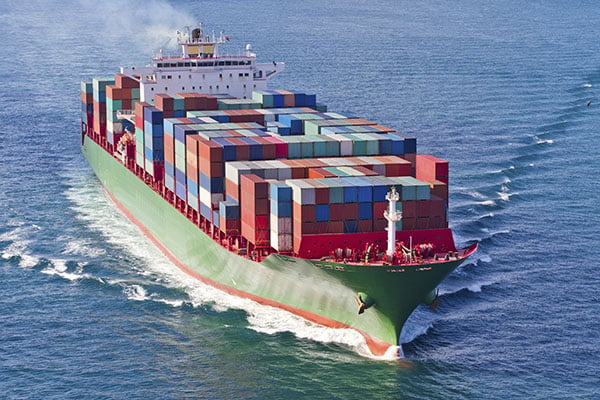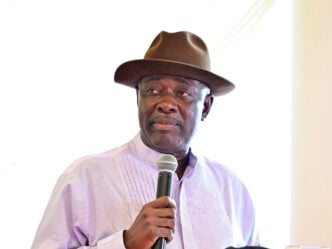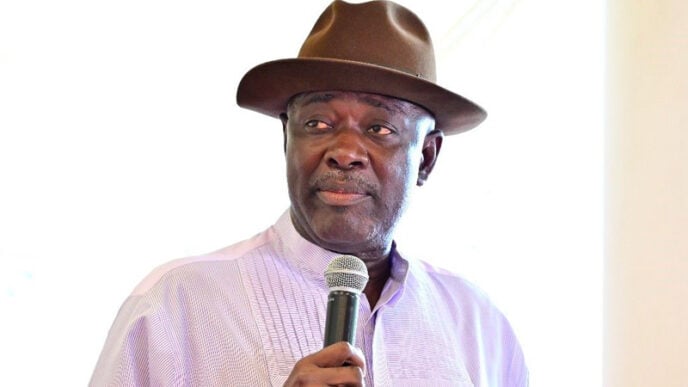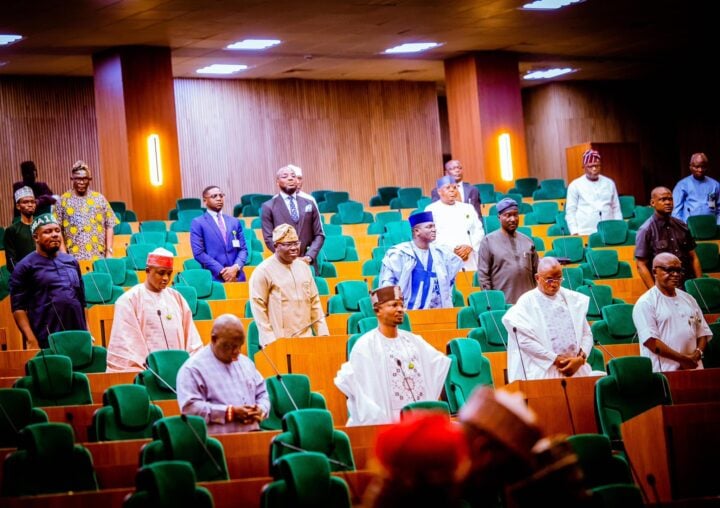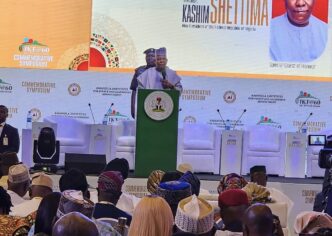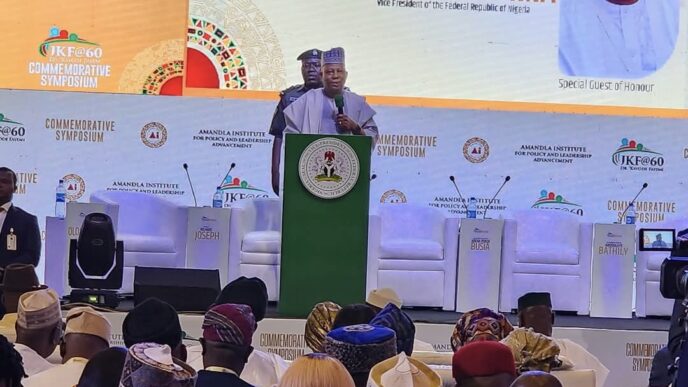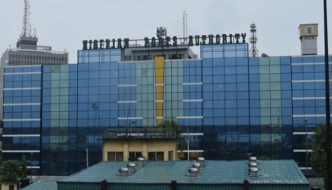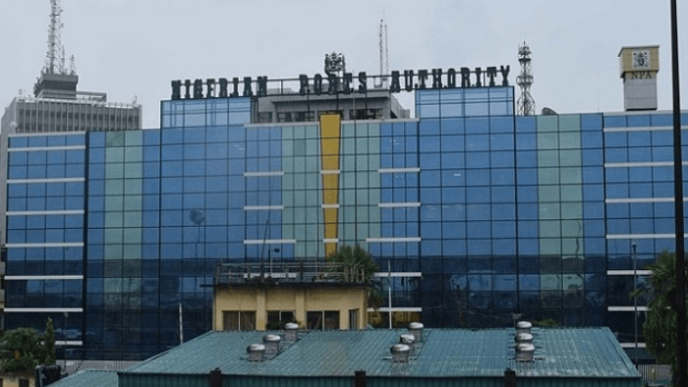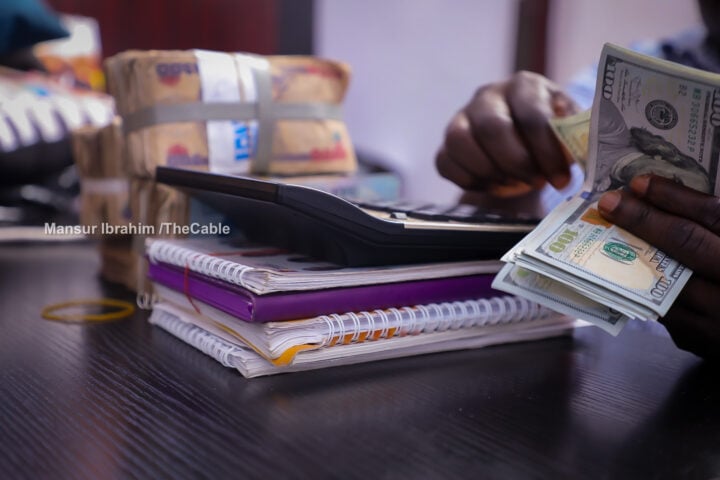The Lagos Chamber of Commerce and Industry (LCCI) has urged the federal government and the Nigeria Customs Service (NCS) to suspend the implementation of the 4 percent free-on-board (FOB) levy.
The NCS announced the implementation of a 4 percent charge on the FOB value of imports on Wednesday.
In a statement on Wednesday, Chinyere Almona, LCCI’s director-general (DG), expressed concerns over the levy’s abrupt introduction, saying that businesses were not given prior notice or the opportunity to prepare for the financial burden.
Almona said the absence of consultation contradicts international best practices, which require trade-related policies to be implemented transparently and inclusively.
Advertisement
She warned that the sudden implementation of the charge may stall shipments and disrupt trade.
“While we recognize that the 4% charge is backed by the provisions of the Nigeria Customs Service Act 2023, specifically under Section 18, we are deeply troubled by the manner of its sudden implementation without consultations with relevant stakeholders,” Almona said.
“Section 23 of the same Act clearly mandates public notification and stakeholder engagement before the introduction of new charges. Unfortunately, the business community, including importers, exporters, freight forwarders, and clearing agents, was not given any prior notice or opportunity to prepare for this additional financial burden.
Advertisement
“Beyond the absence of consultation, the Chamber wishes to have all government agencies concerned about and sensitive to any additional cost burden on businesses and regulations that can create a difficult business environment.
“Currently, businesses grapple with various levies, taxes, and charges. We are also faced with other policy cost implications like a high interest rate, increasing cost of operations due to inflation, and scarcity of FOREX to import critical input for production.
“Most recently, the business community has been grappling with a planned 50% hike in telecoms tariffs in the face of rising logistics costs due to high energy prices.
“Furthermore, the sudden implementation of this charge risks causing congestion at the ports, as many traders and clearing agents may hesitate to process shipments, leading to delays and possible disruptions in the supply chain.”
Advertisement
‘OUTCOME OF 4% CHARGE WOULD REDUCE GOVERNMENT REVENUE’
Almona said the abrupt implementation of the charge is already hindering business activities, raising transaction expenses, and creating instability in the trading sector, all of which negatively impact economic growth and deter investor confidence.
She noted that the outcome would eventually reduce government revenue and negatively affect the overall ease of doing business in Nigeria.
“The Nigerian Customs Service surpassed its revenue target for 2024 by over a trillion Naira, reaching N6.1 trillion. This feat has informed an increase in the budget figure from N49.7 trillion to N54 trillion for the 2025 federal budget,” she said.
Advertisement
“With the massive revenue generation from the ports, we expect more investment into boosting port infrastructure, process automation, and a conducive business environment to support export earnings and boost our foreign exchange revenue.
“Uncertainties and controversies are toxic to our business environment and must be carefully avoided. With tariff wars across major world economies, Nigeria can position itself to take up emerging export opportunities.”
Advertisement
The DG urged the government to focus on improving port efficiency to ease the import and export of goods and reduce corruptive tendencies.
She reaffirmed the chamber’s call for an immediate suspension of the levy, calling on the government to prioritise trade facilitation alongside revenue generation.
Advertisement
Almona said the chamber is willing to work with the government and other stakeholders to implement trade-related policies in a way that promotes sustainable economic growth and prosperity for all Nigerians.
Advertisement
Add a comment
